The vape industry has faced many restrictions over the last few years. Vape mail bans, nicotine limitations, flavor limits… However, Brookline, Massachusetts, has taken restrictions a step further. While noble in its outlook, the ‘law of unintended consequences’ could apply. Today we’ll look at the restrictions imposed and see why they may not be as virtuous as they first appear.
What Restrictions has Brookline Implemented?
Brookline, Massachusetts, has recently announced a ban on the sale of all nicotine products to anyone born after January 1st, 2000. This includes cigarettes, but it also includes vape-related products.
The restrictions may sound sensible. After all, age limitations do apply to a whole manner of products. But there are a couple of areas where this restriction differs.
Primarily…
While cigarettes have been proven harmful to health, vaping seems to have been ‘lumped in with the pack’.
The problem?
Smoking and vaping are not the same thing. The former (smoking) has been proven to be responsible for around 8 million deaths globally each year. The latter (vaping) has been recommended by some health authorities as the most effective way to stop smoking… And, perhaps more importantly, it helps people to remain non-smokers.
There is also an additional fly in the ointment.
The recently introduced restriction isn’t a cut and dried age restriction. Note the restriction doesn’t say ‘people who are 21 and under’, far from it. It prohibits anyone born after 1st January 2000 from purchasing nicotine… This rolling ban, and the people it disenfranchises, grow with each passing year.
Here are further reasons why this could be problematic.
The Growth of a Black Market…
As with most bans and prohibitions, there will always be unscrupulous characters who will seek to take advantage of a needed product that is not available. While black market products will always be available, there is invariably something that becomes more scarce when blanket bans are introduced.
The below reduction is true regardless of whether we are talking about nicotine products or moonshine…
What is it? Quality control.
By pushing sales of products underground, legislative bodies encourage individuals to start ‘making their own’.
If you want proof of how this has already been bad for the vaping industry, you only have to look as far back as 2019, when EVALI was used as a stick to beat the industry to its knees.
It has since been discovered that the overwhelming majority of EVALI cases came from substandard and uncontrolled THC products entering the market.
The answer?
Oversight of responsible selling practices prevents cases like this from happening. Banning something outright doesn’t reduce the demand. It just reduces the supply. People will still seek to acquire this contraband and will be forced to purchase it from suppliers outside of regulation and the law.
It’s Entirely Unenforceable
Ok, the ban makes for great publicity and raises a virtue-signaling flag on the loftiest pole. But would it be effective in reality?
Probably not. For a few reasons…
Since 1984, alcohol has held a mandated age limit. Those younger than 21 are prohibited from buying alcohol. Has this stopped young people from drinking? Or do young people who are determined enough still find a way to defy this?
Any age restriction can be circumvented. One key area that sometimes prevents the sale of alcohol to minors is that they are easily identified by their youthful appearance. Looking to the future, will the same barrier exist when those born after 2000 look in their 30’s or 40s?
It’s doubtful.
Let’s also talk about the ‘grey’ market. Literally.
Say someone was born in 1999, and they’ve got a buddy who was born in 2000… Regardless of how far you go into the future… Is it realistic that those people wouldn’t buy products for others?
Going forward, this opens the door for the grey market to turn very black… As ‘older’ people become the procurers of products for the young, those willing to flout the law may not be as fussy about who they sell to.
Any Restriction on Smoking Cessation Devices is a Bad Thing
This is the crux of the problem.
As we have seen already, the restrictions limit the sale of both cigarettes and vapes.
The limiting of cigarettes is no bad thing. The limiting of vaping devices and products is misguided.
Why?
Vaping is by far one of the best ways to quit smoking. It really is that simple. Repeatedly reviewed studies from various government organizations have found that people who vape are less likely to smoke. Former smokers have also reported higher permanent quit rates.
Restricting people’s access to life-saving technology is not a good thing.
And it gets worse…
The fact that this is a ‘born after’ restriction means that as each year passes, more and more people will be prevented from buying products that are far less harmful than smoking.
Discrimination
Life and personal circumstances are already a lottery. People don’t choose the year or era they are born into. In the modern world, discrimination exists for a whole variety of people.
Is this policy sensible?
No.
Is it discriminatory?
Absolutely.
As the situation presently stands, a 50-year-old has access to life-saving products that a 21-year-old doesn’t… A year later, a 51-year-old has access to a lifesaving product that both 21 and 22-year-olds don’t.
The thought behind this ‘initiative’ is to create a ‘tobacco-free generation’ eventually. The truth is that it will do little except restrict healthier choices alongside the not-so-healthy for an ever-growing segment of the population.
Alternative Solutions?
Instead of creating discriminatory ‘blanket bans’ that affect an ever-growing number of people each year, there are alternatives.
Nicotine use is nothing new. Restrictions on products that have been proven to cause harm (such as cigarettes) are sensible. However, by tarring vaping with the same brush and applying equal restrictions when they don’t represent equal danger, policymakers are getting it wrong.
It would be far wiser to accept that people (pretty much regardless of age) will find ways to defy bans and prohibitive restrictions. An encouragement and ability to switch to safer nicotine delivery solutions such as vaping while restricting cigarette sales would positively impact the long run.
In Summary
To limit a life-saving product seems folly enough. When you look at the architecture of the current restrictions in Brookline, it gets worse. With each passing year, more people are disenfranchised from having access to choices that would increase public health. While it makes for a fluffy headline, the reality is that legislators are throwing the baby out with the bathwater. Vaping is not smoking. There is no equivalence, and treating the two as the same reduces viable options to prevent the proven harms of smoking.




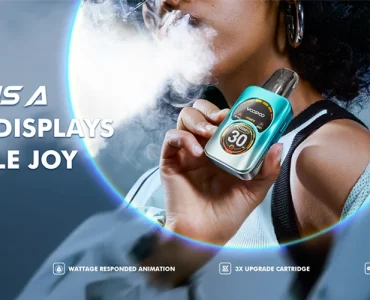
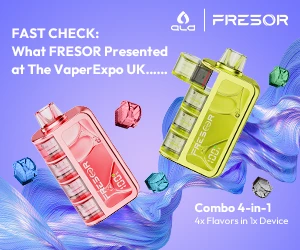
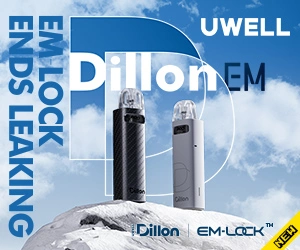

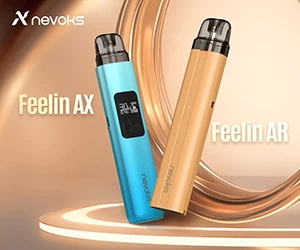
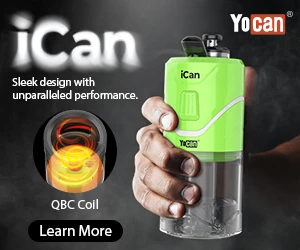
Add comment